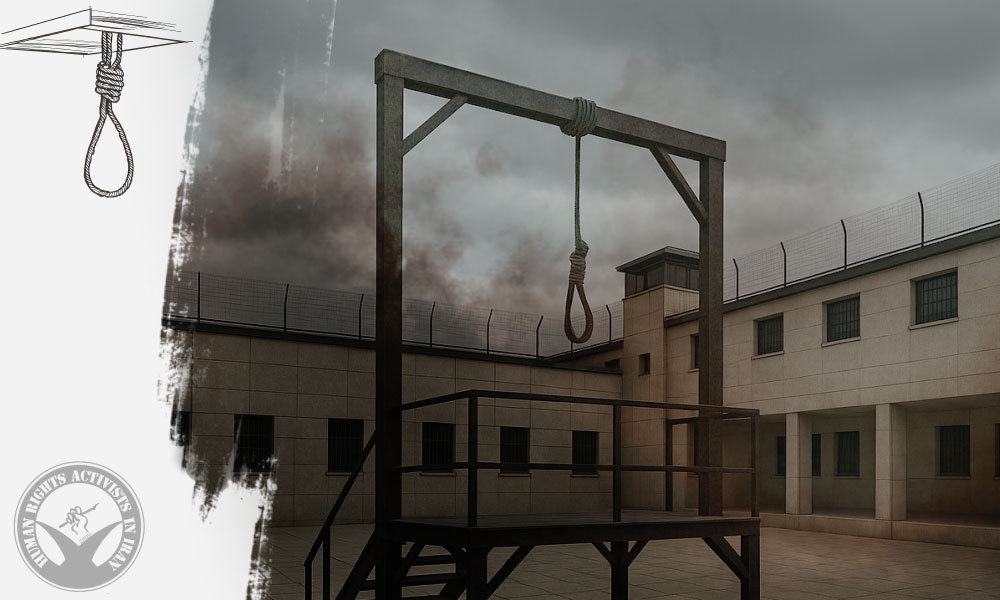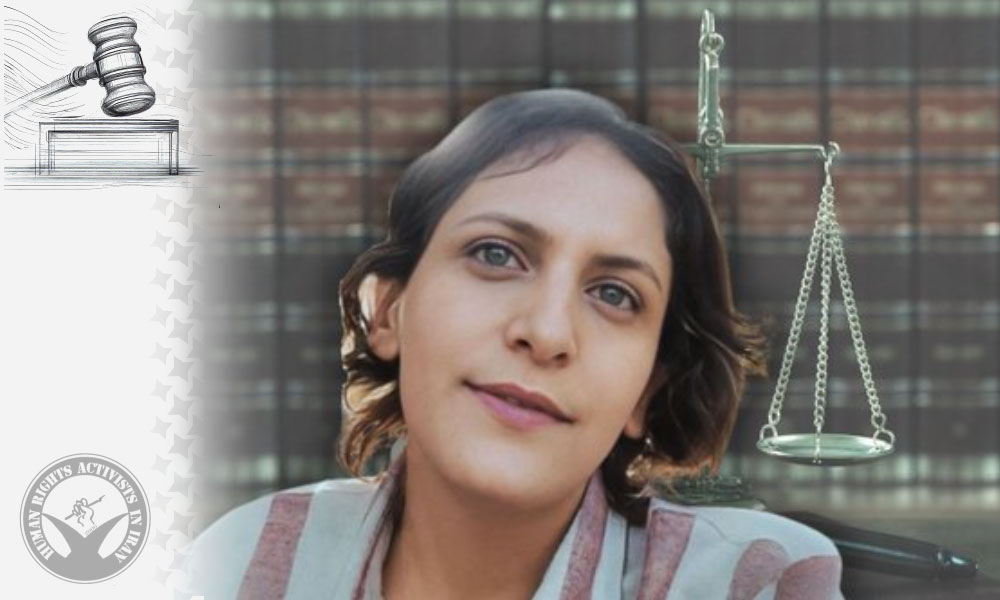HRANA – The 25-year prison sentence of Rouya Sabet, a Baha’i citizen residing in Shiraz, has been upheld in full by Branch 37 of the Fars Province Court of Appeals.
The ruling, issued on September 23 by the appellate court, has since been officially communicated to Ms. Sabet. According to the verdict, she received 10 years in prison for each of the charges of “collaboration and communication with Israeli nationals and institutions” and “forming and running a group with the intent to act against national security.” She was also sentenced to five years in prison for “religious propaganda activity contrary to the Sharia of Islam.”
As complementary punishments, Ms. Sabet was handed a two-year travel ban (including passport cancellation), five years’ deprivation of social rights, and a ban on online activity.
The verdict is final. Under Article 134 of the Islamic Penal Code, the heaviest sentence, 10 years of imprisonment, will be enforceable.
On May 28, 2024, Branch 1 of the Shiraz Revolutionary Court had initially sentenced Ms. Sabet to 25 years in prison along with additional penalties on the same charges.
Rouya Sabet, a Baha’i citizen residing in the United Arab Emirates, was summoned and arrested by the IRGC Intelligence Organization in Shiraz on February 15, 2024, while visiting the city. She was released approximately five months later from Adelabad Prison in Shiraz after posting bail.













